Alongside the horror and condolences, there was a familiar sense of bewilderment from around the world: How can the richest superpower continue to tolerate mass shootings — school shootings, even — on a scale that dwarfs any other country?
Tuesday’s elementary school massacre in Uvalde, Texas, was viewed internationally as just the latest in a long list of domestic American bloodshed that from the outside is increasingly hard to fathom.
Pope Francis called on the United States to end the “indiscriminate” sale of guns so “tragedies like this cannot occur again.” French President Emmanuel Macron said he shared the “rage” of those Americans “who are fighting to end the violence.” Spain’s prime minister, Pedro Sanchez, simply tweeted: “This everyday horror must stop in the U.S.”
The shooting seemed doubly hard to comprehend for many in Ukraine. Losing “children to gun violence in peaceful time is a tragedy beyond understanding,” tweeted Oksana Markarova, the country’s ambassador in Washington.
It’s not just America’s friends, of course.
China used the incident to bolster its narrative that the U.S. is a superpower in decline, deflecting criticism of its own human rights record. The U.S. is “beset by the most serious gun violence and social discrimination,” Foreign Ministry spokesperson Wang Wenbin told a daily briefing Wednesday. He called it unacceptable that “no substantive measures have been taken” to “tackle these problems.”
The United States outstrips anywhere else in the world in terms of gun ownership, gun-related homicides and public mass shootings. It has 120 firearms per 100 people — more than twice as many per capita than war-torn Yemen, the next highest country on the list.
Despite having 4 percent of the world’s population, the U.S. made up 31 percent of all public mass shootings globally between 1966 and 2012, according to a 2015 study by Adam Lankford, a professor of criminal justice at the University of Alabama.
When he speaks with academics abroad, they all ask him a similar question about the U.S.: “This is such an obviously terrible and tragic problem and seems to have an obvious solution — why can’t they figure this out?” Lankford told NBC News by phone Wednesday. “Lack of political will? Or do Americans love their guns so much they are willing to let children die rather than give them up?”
How countries reacted to their own mass shootings
Other nations have suffered devastating mass shootings like the one in Uvalde on Tuesday, but those examples largely exist as unique stains on places that were galvanized into action.
The Dunblane school shooting in Scotland in 1996 was met with swift British legislation banning the ownership of most handguns. Automatic and semi-automatic rifles were already outlawed, and every British gun owner has to apply for a license.
While it continues to struggle with knife crime, the U.K. hasn’t suffered a mass school shooting since.
Ian Blackford, a senior lawmaker with the Scottish National Party, referenced Dunblane in Parliament on Wednesday when he urged American lawmakers to “finally act to bring the scourge of gun violence that plagues the United States to an end.”

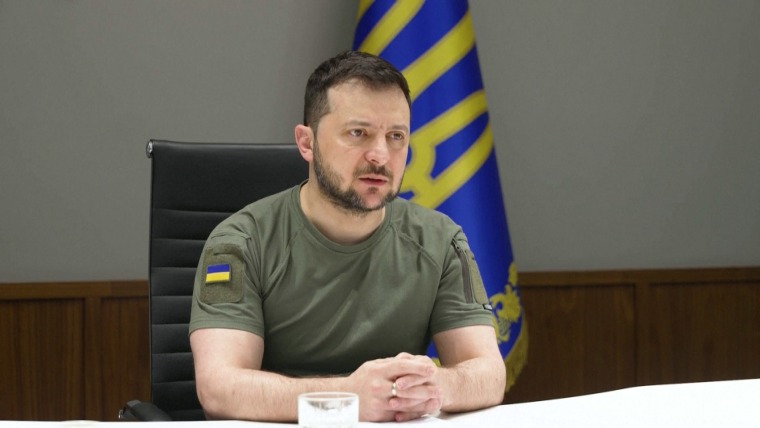
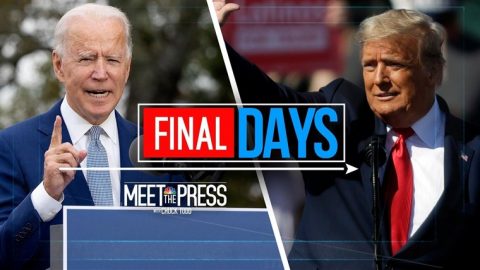

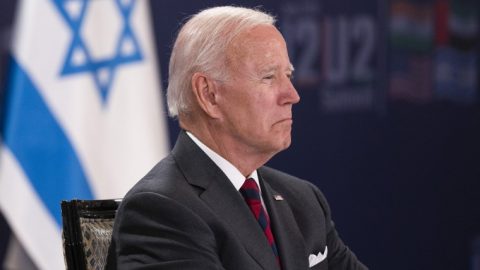
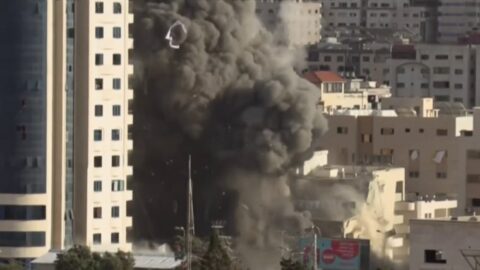

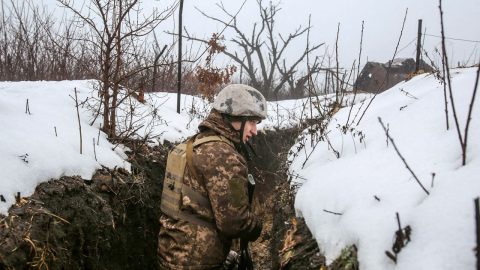
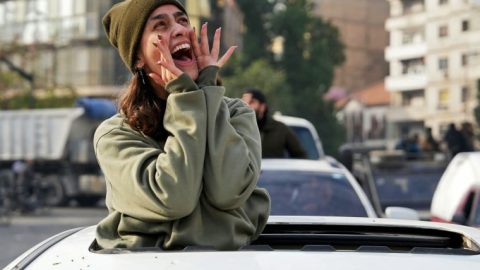
Recent Comments